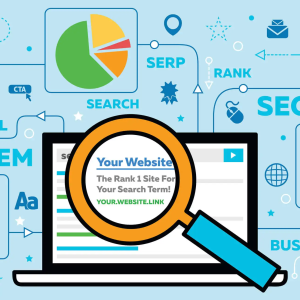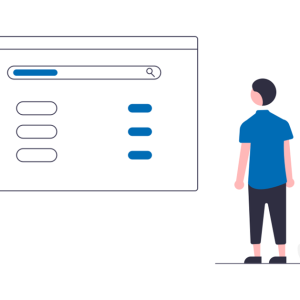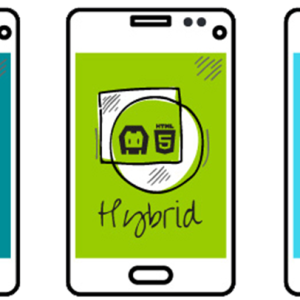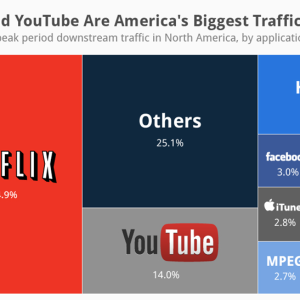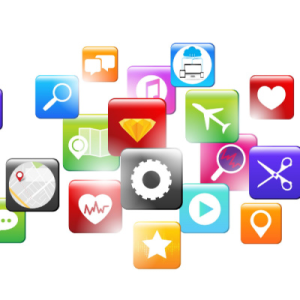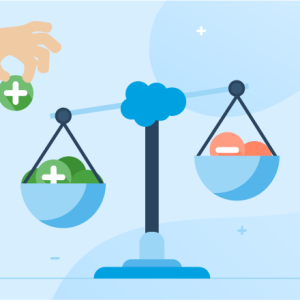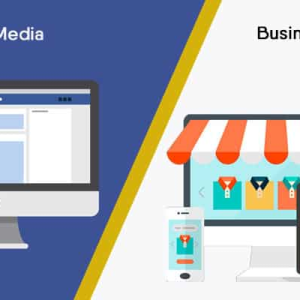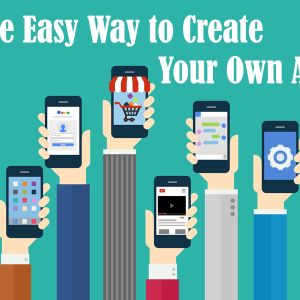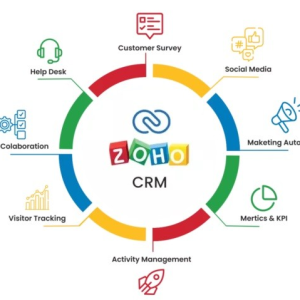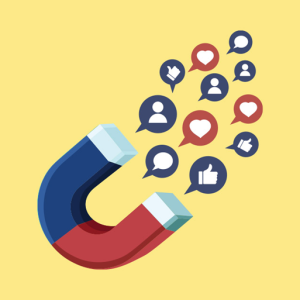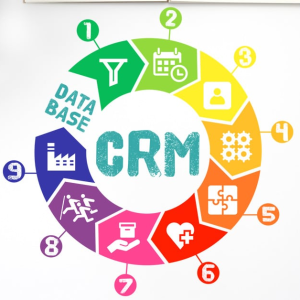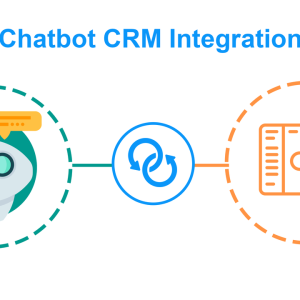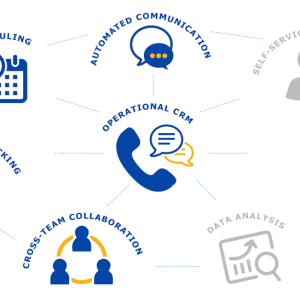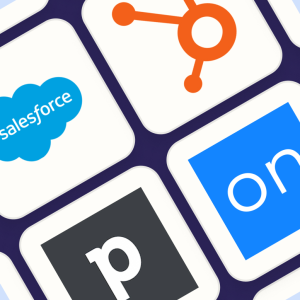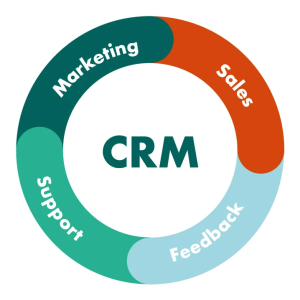Introduction
As a business owner, you know that customer relationships are key to your success. CRM (customer relationship management) systems are used to track and manage customer interactions and sales data. There are many different types of CRM systems, each with its own set of applications. To choose the right CRM system for your business, you need to understand the different types of CRM systems and their applications.
In this article, we will take a comprehensive look at the different types of CRM systems and their applications.
What are CRM Systems?
CRM stands for customer relationship management. CRM systems are used to track and manage customer interactions, sales data, and other customer-related information. CRM systems help businesses keep track of their customers, understand their needs, and provide better customer service.
What are the benefits of using CRM?
CRMs are the future of customer engagement. Whether you’re looking to implement a CRM for your first time or want something more flexible, there is an option that will work well with what kind of business and organization size it houses!
There are many benefits of using CRM, including:
1. Improve customer service: CRM systems help businesses keep track of their customers, understand their needs, and provide better customer service.
2. Increase sales: CRM systems can help businesses increase sales by providing them with data-driven insights into their customers.
3. Boost efficiency: CRM systems can help businesses boost efficiency by automating repetitive tasks and processes.
4. Stay organized: CRM systems help businesses stay organized by storing all of their customer data in one place.
5. Understand your customers: CRM systems help businesses understand their customers by providing them with data-driven insights into their behavior.
There are four main types of CRM systems we will explain today: operational CRM, analytical CRM, collaborative CRM, and social CRM.
The 4 Types of CRM Systems
Operational CRM:
The perfect tool for any business, an operational CRM is a must-have if you want your company’s marketing and customer service efforts to be at their best. These platforms help with all aspects of running things from sales through relationship management by providing information about who visits or does not visit as well as what exactly people are looking for to make sure there isn’t anything left out when it comes time to sell them something!

There are many different types of operational CRM system softwares, each with its own set of features and applications. The most common types are sales force automation (SFA) systems, marketing automation systems, and service desk systems.
#1 Salesforce automation (SFA)
SFA systems are CRM systems that help businesses automate and manage their sales processes. They track customer information and sales data and provide reports and dashboards that give visibility into the sales pipeline. SFA systems also include features such as lead management, contact management, opportunity management, and quote management.
Some of the most popular SFA systems are Salesforce, HubSpot Sales, and Zoho CRM.
Salesforce Automation Applications:
1. Lead management: SFA systems help businesses manage their leads by tracking customer information and sales data.
2. Contact management: SFA systems help businesses manage their contacts by storing contact information in a central location.
3. Opportunity management: SFA systems help businesses manage their opportunities by tracking customer information and sales data.
4. Quote management: SFA systems help businesses manage their quotes by storing quote information in a central location.
5. Reporting and dashboards: SFA systems provide reports and dashboards that give visibility into the sales pipeline.
Note: For businesses that want to improve their sales processes, an SFA system is a great choice. SFA systems can help businesses increase sales by providing them with data-driven insights into their customers.
#2 Marketing automation
Marketing automation systems are CRM systems that are used to automate marketing tasks. These tasks can include email marketing, social media campaigns, and targeted ads. Marketing automation systems help businesses save time and money by automating repetitive tasks.
Some of the most popular marketing automation platforms include HubSpot, Pardot, and Marketo.
Marketing automation applications:
Email marketing: Automatically send targeted emails to customers based on their interactions with your business.
Social media campaigns: Automatically post new content and ads on social media platforms.
Targeted ads: Serve ads to customers based on their interactions with your business.
Note: For businesses that want to improve their marketing efforts, a marketing automation system is a great option.
#3 Service Desk Automation
Service desk systems are CRM systems that help businesses manage customer service and support. These systems can help businesses track customer requests, incidents, and problems. Service desk systems can also be used to automate customer service tasks, such as creating tickets and assigning agents.
Some of the most popular service desk platforms include Zendesk, Freshservice, and SolarWinds.
Service Desk applications:
Ticket management: Service desk systems help businesses manage customer service requests by creating tickets and assigning agents.
Incident management: Service desk systems help businesses track and resolve customer incidents.
Problem management: Service desk systems help businesses track and resolve customer problems.
Automated customer service: Service desk systems can be used to automate customer service tasks, such as creating tickets and assigning agents.
Note: It is a no-brainer that service desk automation is for businesses that want to improve their customer service and support, but it is also a great choice for businesses that want to automate repetitive tasks.
Analytical CRM
Analytical CRM systems are an excellent way to better understand your customers and make more informed decisions about their sales strategies. These powerful analytical tools can segment users, and track behavior patterns for you to see what’s working best with certain groups or individuals- all while generating reports on trends that may offer insights into future marketing campaigns!

The main functions of Analytical CRM are:
Data warehousing: Analytical CRM systems help businesses store customer data in a central location.
Data mining: Analytical CRM systems help businesses mine customer data to generate insights.
Segmentation: Analytical CRM systems help businesses segment their customers into different groups.
Pattern recognition: Analytical CRM systems help businesses recognize patterns in customer behavior.
Statistical Analysis: Analytical CRM systems help businesses perform statistical analysis on customer data.
Reporting: Analytical CRM systems help businesses generate reports on customer data.
Note: Analytical CRMs are perfect for keeping track of your customers and their history. They will allow you to analyze what makes them buy from, or not buy into the company products/services- which means that if there’s anything about our product they don’t like then we can easily change it!
Tip: The more data you gather about your customers, the more likely you succeed in driving traffic.
Collaborative CRM

Collaborative CRM systems are designed to improve the customer experience. These features streamline communication for all parties involved – both between customers and your company as well as any other stakeholders like vendors or suppliers that may be relevant in their case scenario, enabling you not only to keep track of what they want but also to make sure everyone knows how best handle this situation should it arise again!
The key features of collaborative CRM are:
Communication tools: Collaborative CRM systems provide communication tools that help businesses communicate with their customers.
Shared data: Collaborative CRM systems provide a shared data platform that helps businesses share information with their customers.
Customer portal: Collaborative CRM systems provide a customer portal that helps businesses manage their customer relationships.
Workflow management: Collaborative CRM systems provide workflow management tools that help businesses manage their customer relationships.
Note: To make the best out of a collaborative system, it is important to integrate it with other software such as project management or accounting software. This way, you can manage your customer relationships and projects in one place!
Social CRM
The best way to engage with customers is on social media, and businesses are now using CRM systems that make it easier for them. This Social CRM system helps track everything from what people say about your business in real-time through interactions like likes or shares so you can take care of any issues immediately instead of waiting days later when someone has already forgotten!

The key features of social CRM are:
Monitoring: Social CRM systems help businesses monitor their social media channels.
Engagement: Social CRM systems help businesses engage with their customers on social media.
Reporting: Social CRM systems help businesses generate reports on their social media activity.
Note: To use a Social CRM system to its full potential, businesses can integrate it with their other CRM systems like customer support or marketing CRM. This way, they can get a complete view of their customer relationships!
Choosing the Right CRM Systems
Now that you know the different types of CRM systems, it’s time to choose the right one for your business. The best way to do this is to evaluate your needs and objectives and then select a CRM system that can help you meet those goals.
Here are some factors to consider when choosing a CRM system:
Demos: The best way to find the right CRM system is to request demos from different vendors and compare the features of each platform.
References: Talk to other businesses in your industry and see what CRM systems they are using. You can also read online reviews of different CRM systems.
Integrations: Make sure that the CRM system you choose can be integrated with your other business applications, such as your accounting software and email marketing platform.
Ease of use: The CRM system you choose should be easy to use and provide a good user experience. It should also be affordable and offer a free trial so you can test it out before you buy.
Features: The features of the CRM system should meet the needs of your business. Make sure the CRM system has the features you need, such as lead management, contact management, and opportunity management.
Pricing: Compare the prices of different CRM system vendors and choose the one that fits your budget.
Once you have chosen the right CRM system for your business, you can start using it to improve your customer relationships! Though it does not end here. It is always important to keep your CRM system up-to-date so you can take advantage of the latest features and benefits. You should also regularly train your employees on how to use the CRM system so they can make the most of it.
If you follow these tips, you will be able to choose the right CRM system for your business and improve your customer relationships!
Conclusion
Now that you have learned the types and their applications, it is time to find an agency that will help you in the best way possible. And if you are considering the best option around with a friendly budget and professional subject experts, 12 Channels is the best agency for you. 12Channels Agency will help you with content, SEO, design, and everything else you need to make your business successful! Contact us today to get started!

